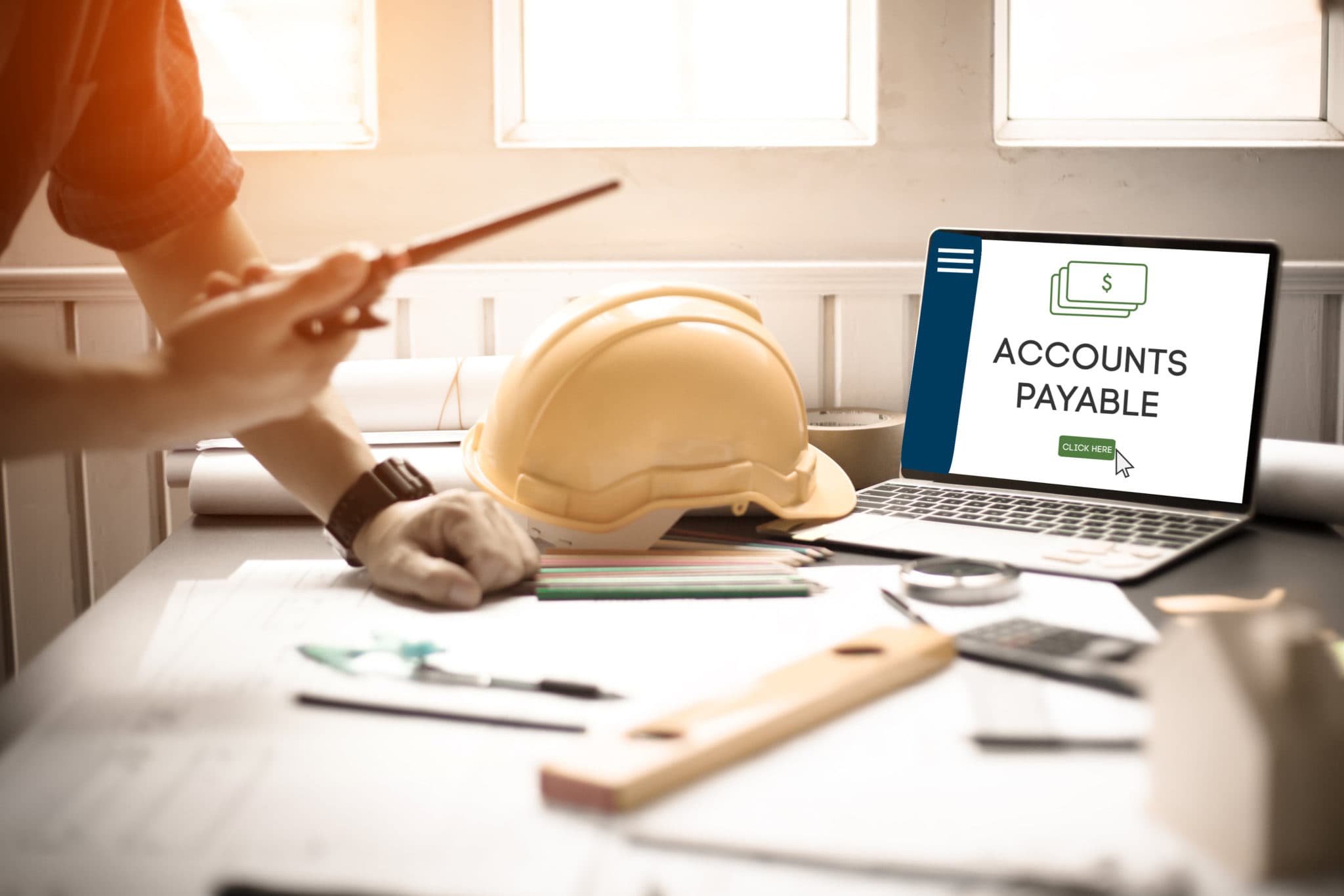Managing accounts payable is a critical task for any business, but it’s particularly important for construction companies. Most contractors juggle payments to a variety of subcontractors, suppliers and other entities. (We’ll refer to them collectively as “vendors.”) And the players involved may differ from job to job, depending on location and other factors.
As a back-office function, accounts payable don’t always get the attention they deserve, but they can have a significant impact on your cash flow and bottom line. Following are some tips and best practices for improving the process.
Be strategic
Too often, contractors take a reactive approach to payables, simply delaying payments as long as possible to improve short-term cash flow. This approach can backfire, however, if it damages relations with vendors.
Poor vendor relationships can affect delivery times, quality of services and payment terms. A proactive, strategic approach to payables can help you strike a balance between optimizing short-term cash flow and getting along well with vendors.
It’s also critical to explore the potential benefits of early payment discounts, volume discounts or other incentives that can improve your cash flow and bottom line. That’s not to say that you should accept every available discount. Whether you should do so depends on whether your cash flow is strong enough so that the payments and the benefits of the discount truly outweigh the costs.
Strengthen selection and review
Implement policies, procedures and systems to ensure that you properly vet vendors and negotiate the best possible prices and payment terms. Create preferred vendor lists so staff members follow established procedures and don’t engage in “maverick” buying (that is, buying from unauthorized vendors).
It’s also important to review vendor contracts regularly and to maintain a database of key contractual terms that’s readily accessible to everyone. With an understanding of payment terms and other important contractual provisions, employees can double check vendor compliance and avoid errors (or fraud) that can result in overpayments or duplicate payments.
Leverage technology
Automating the accounts payable process offers many benefits. For one thing, an automated, paperless system can significantly increase efficiency, reduce costs and shorten the time it takes to process invoices.
And, of course, the ability to pay invoices more quickly makes it easier to take advantage of available discounts. (Keep in mind, however, that the viability of a paperless environment depends on the ability and willingness of vendors to accept electronic payments.)
In addition, automation can provide greater visibility of payables and better control over payments. For example, cloud-based systems provide immediate access to account information, allowing you to review and approve invoices from anywhere at any time. The best automated systems also contain security controls that help prevent and detect fraud and errors.
Naturally, there’s an upfront cost to buying good accounts payable software and training your staff to use it. You’ll need to find a solution that suits your construction company’s size, needs and technological sophistication. You’ll also incur ongoing costs to maintain the system and keep it updated.
Pay attention to payables
Don’t underestimate the impact of accounts payable on your financial performance. A proactive, strategic approach to payables management can help your construction business improve its cash flow and profitability.
© 2020


